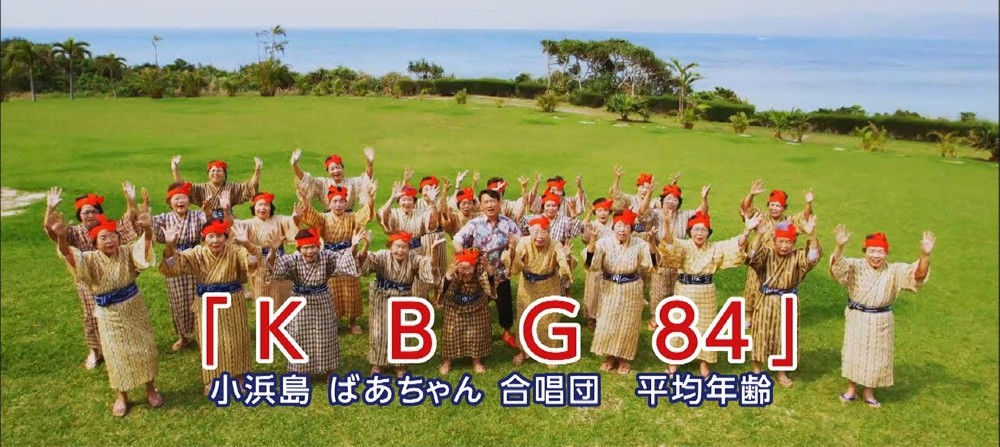Finding Your Purpose – What is Ikigai?
By Ollie Poole. November 17, 2020
What gets you out of bed every morning? As our alarm abruptly interrupts our dreams, summoning the energy to leap out of bed can sometimes be a real struggle. You regret staying up late scrolling through modern media and hit the snooze button out of frustration, desperate for a few more precious minutes before the day begins.
Sound familiar?

What is it that gets you out of bed in the morning?
Even more so amid the ongoing COVID-19 pandemic, we all need something meaningful that draws us out of bed in the morning and has us charging towards the kettle to put the coffee on. Originating during the Heian period (794 to 1185), the Japanese term ikigai (生き甲斐) describes exactly this.
What is Ikigai?
Ikigai translates to 'reason for being'. Pronounced 'ee-kee-guy', ikigai is a cherished part of Japanese culture. 'Iki' (life) and 'gai' (value) make up a concept that has powerful real-life relevance because it asks us what we find valuable and purposeful in life. Ikigai must fuel every day of our lives – and each of us must harness our own unique ikigai every time our alarm goes off in the morning.
Living with ikigai doesn't mean every day is filled with immense happiness (life is more complicated than that). Rather, it sustains our lives even during our darker days because we believe in a reason for what we are doing.
Principles of Ikigai
One's ikigai is grounded in the following:
- What you love.
- What you are good at.
- What the world needs.
- What you can be paid for.
Importantly, while some people's ikigai is an occupation that touches on all of the above (for example: teachers, fishermen, bankers, potters, chefs, train drivers), your ikigai does not have to be your work. In fact, a 2010 survey of 2,000 Japanese people revealed that only 31% of them classified their work as their ikigai.
Raising a family, boxing, running, stamp collecting, writing a novel, painting, or pursuing a project you've always wanted to do – all these can be ikigai.
Above all, finding your ikigai requires patient self-searching and asking yourself the fundamental questions: Who am I? Why I am doing something? What do I truly care about? What do I want in life?

KBG84 - a 'girl group' from Kohama Island in Okinawa, whose average age is a sprightly 84
Ikigai: the secret to a long and happy life
A life of purpose is a healthy life. For example, take the southern islands of Okinawa, which are overflowing with centenarians - here, the residents have a 40% greater chance of living to 100 than other Japanese people. The secret? They all live with ikigai, what they call "the reason you wake up for in the morning."
Remarkably, cancer, heart disease, diabetes and mental health issues are almost unheard of here, helping Okinawa take its place as one of the world's 'Blue Zones', regions famed for their outstanding life expectancy. According to Dan Buettner, author of Blue Zones: Lessons on Living Longer from the People Who've Lived the Longest, the ethos of ikigai helps sustain a long and happy life in all of these regions: "there might not be a word for it but in all four blue zones such as Sardinia and Nicoya Peninsula, the same concept exists among people living long lives."
Want to live over 100? It's time to find your ikigai within.
How do I find my ikigai?
Trust your intuition. Hit pause and ask yourself what you really want (and really enjoy) in life. This can be a difficult task and you must be patient. Remember that it can change over time. But to get you started: when you're free from your job title on a Saturday morning – what do you want to do? This is the moment when you can do and be anything you want.
Resist societal and familial expectations: it must be your own choice. It must be 'yarigai ga aru', the Japanese for 'worth doing', i.e. something that makes you happy and perhaps contributes to the world. It must require some commitment and also be a healthy endeavour.
This is happiness through purposeful, balanced living – and in Japan, they know exactly how.
Related content


